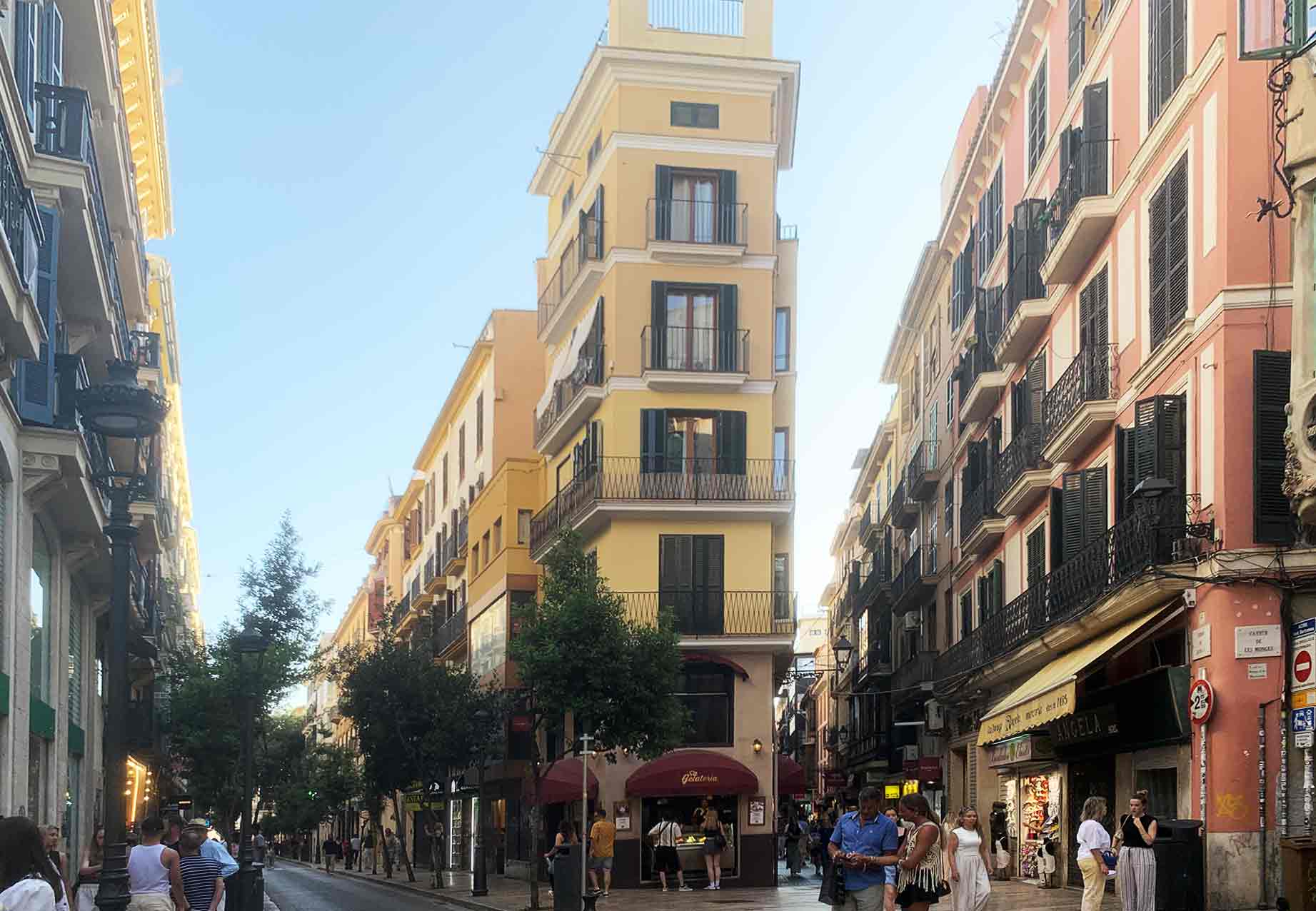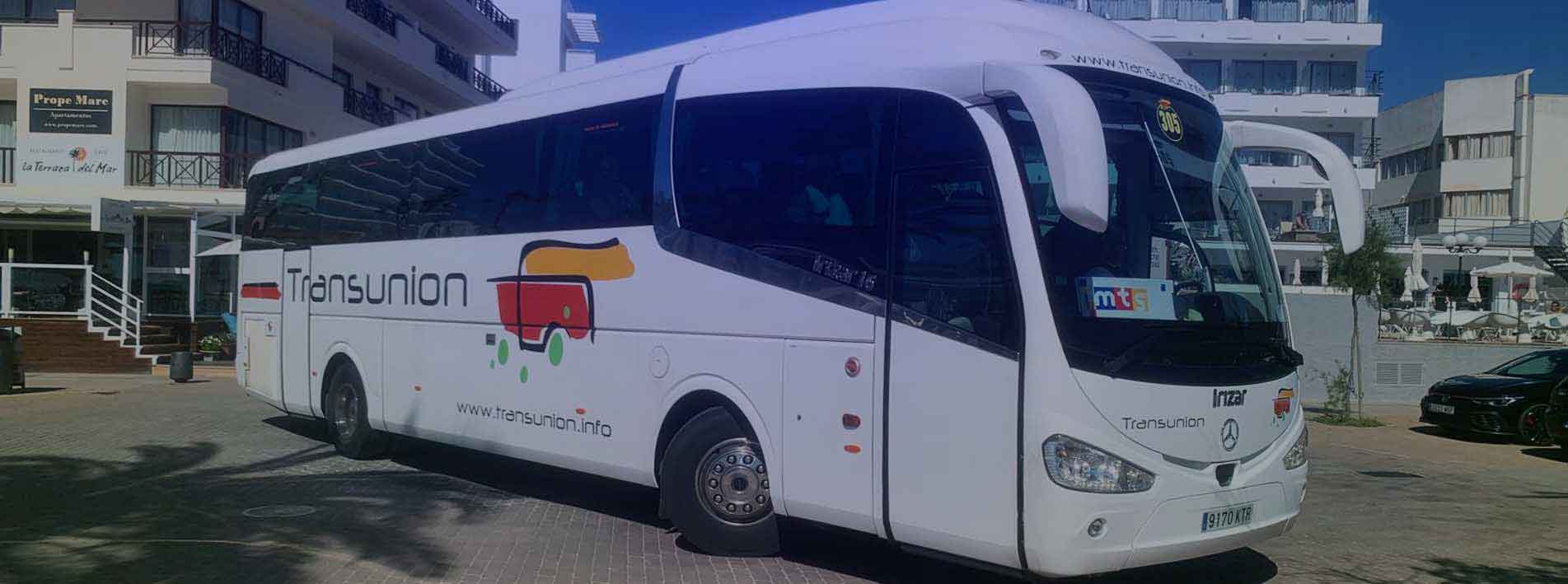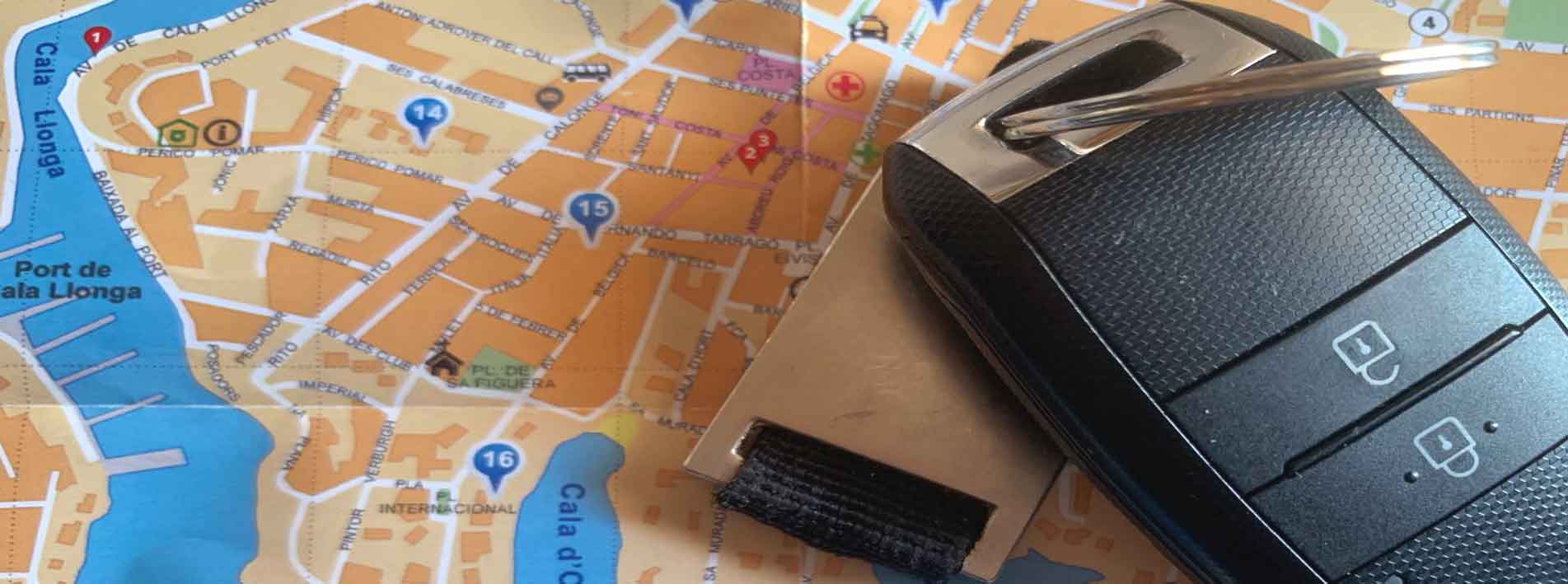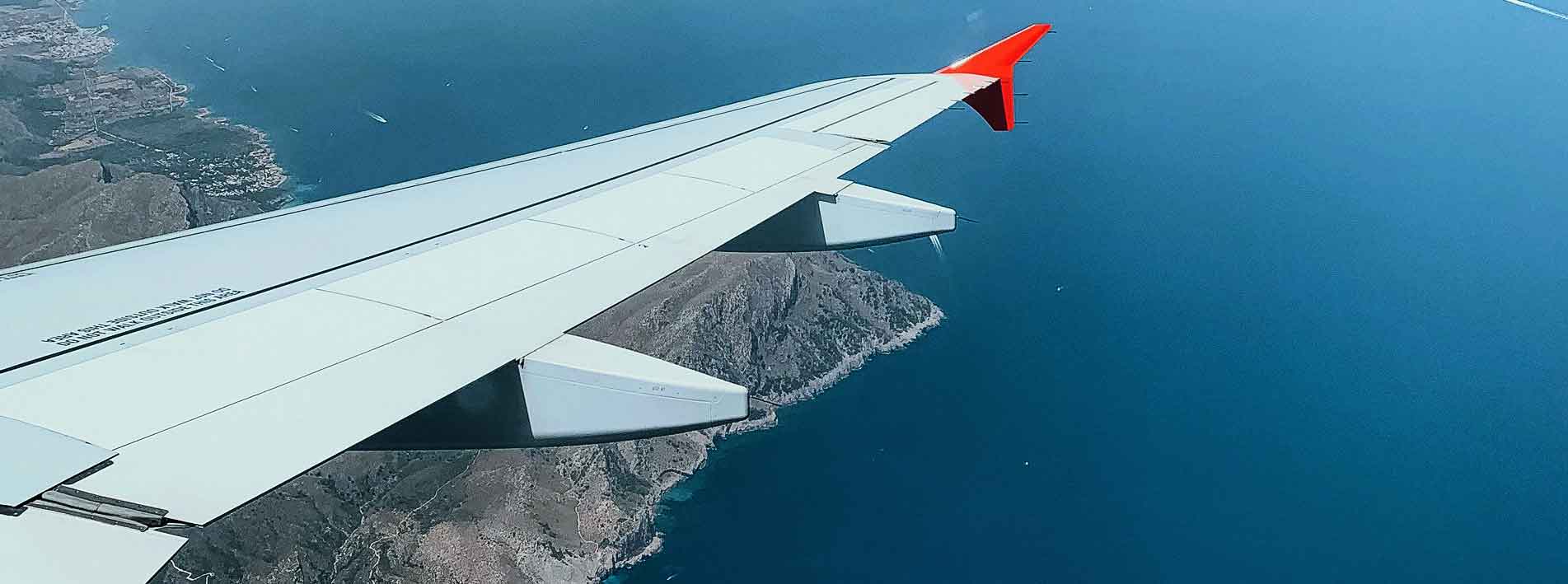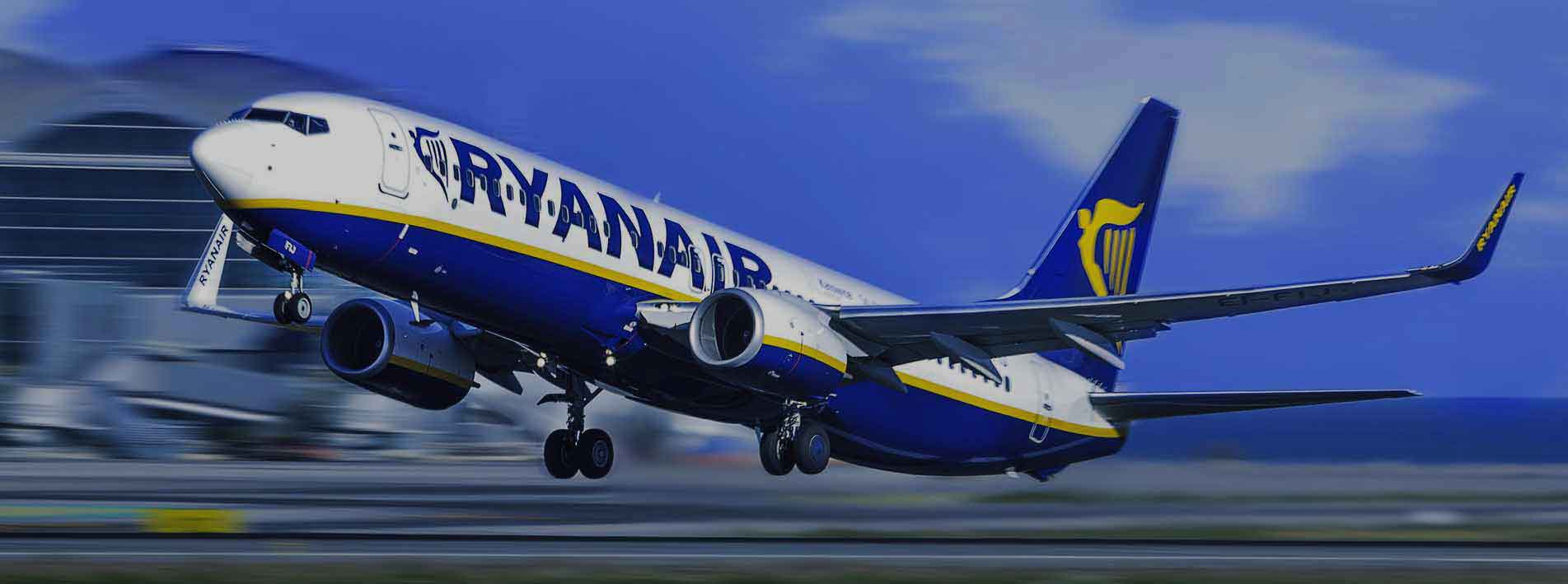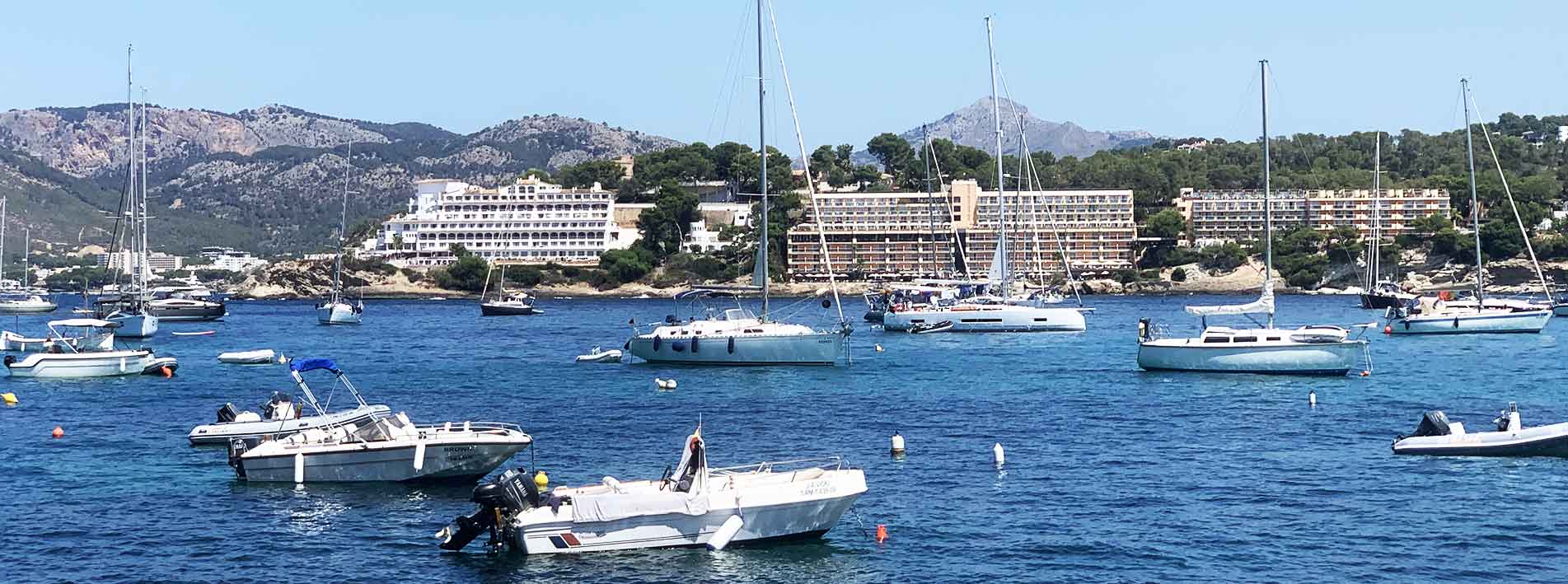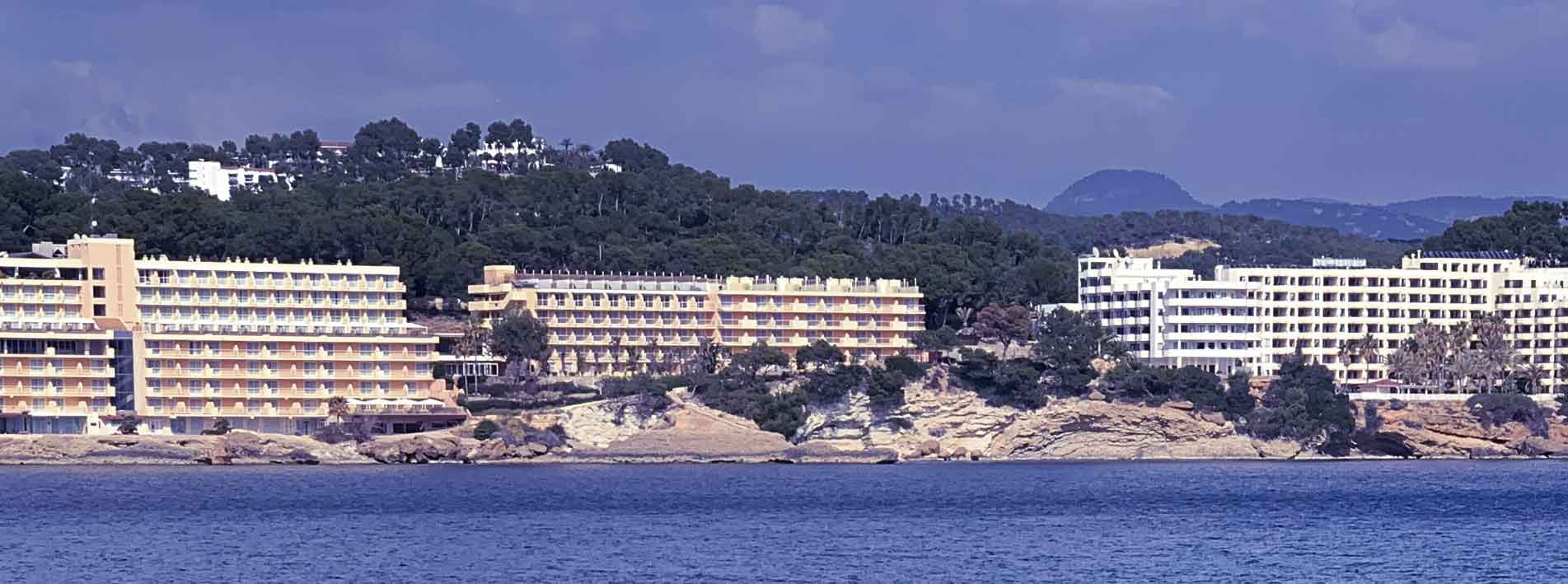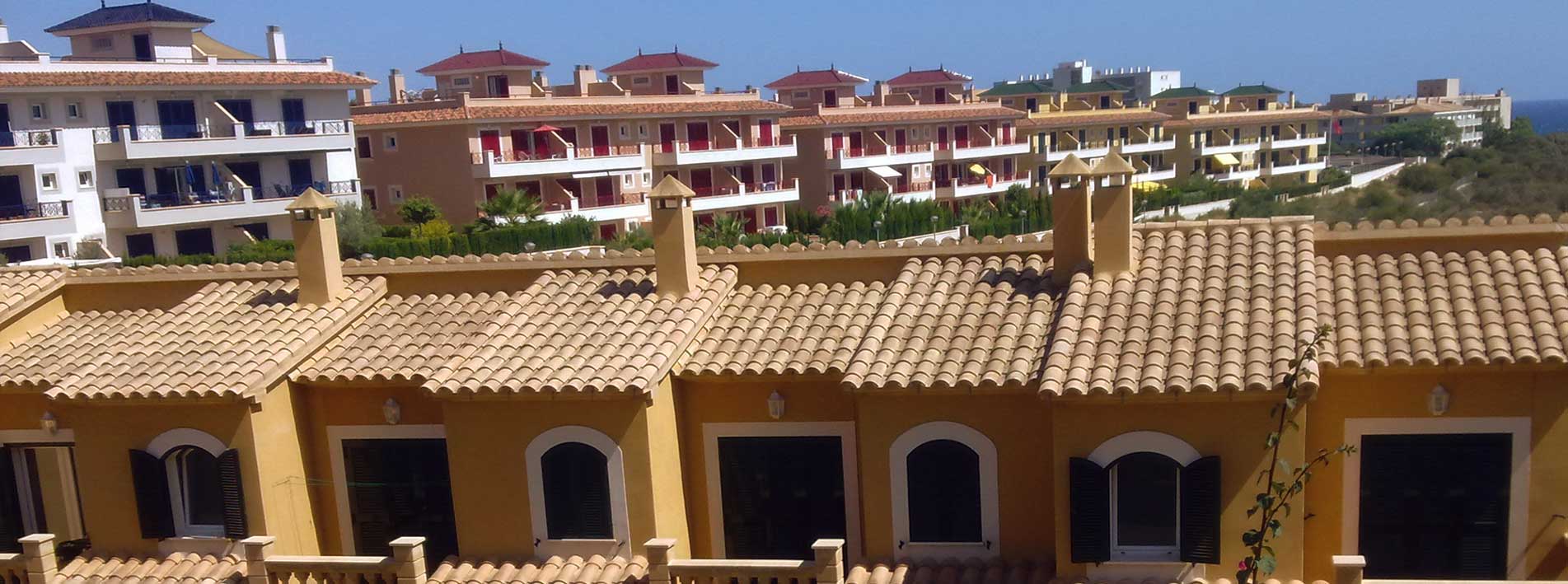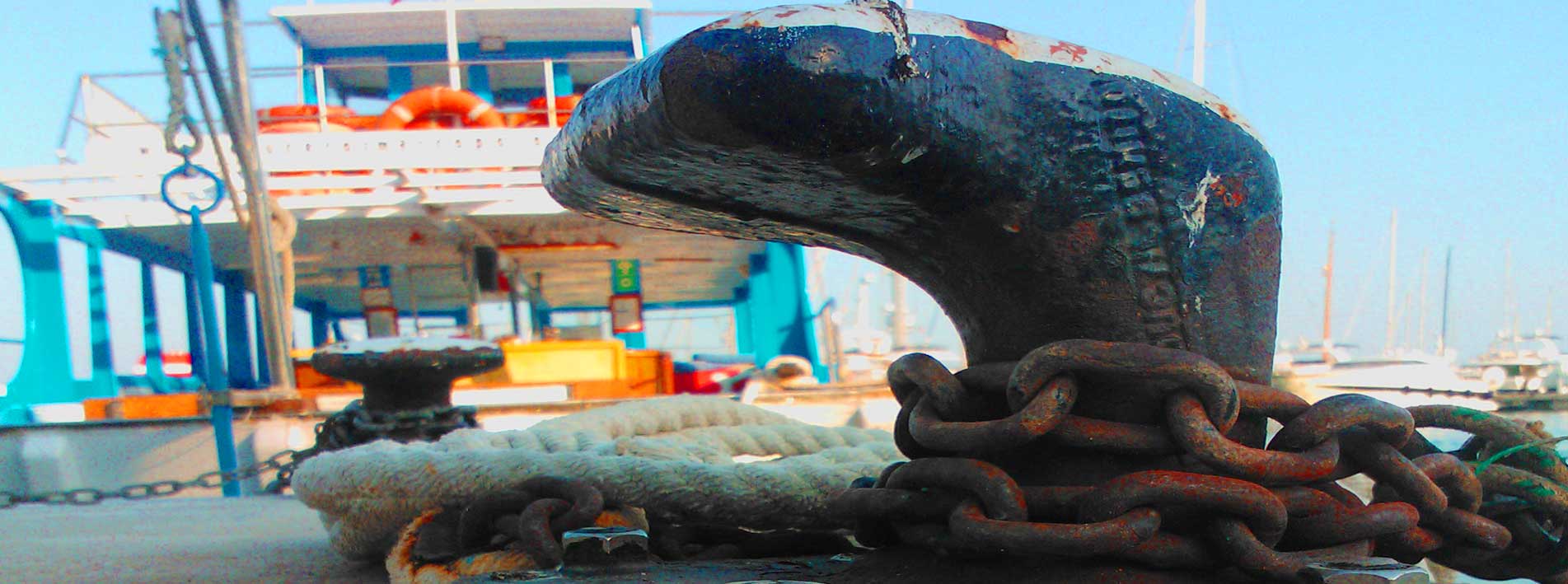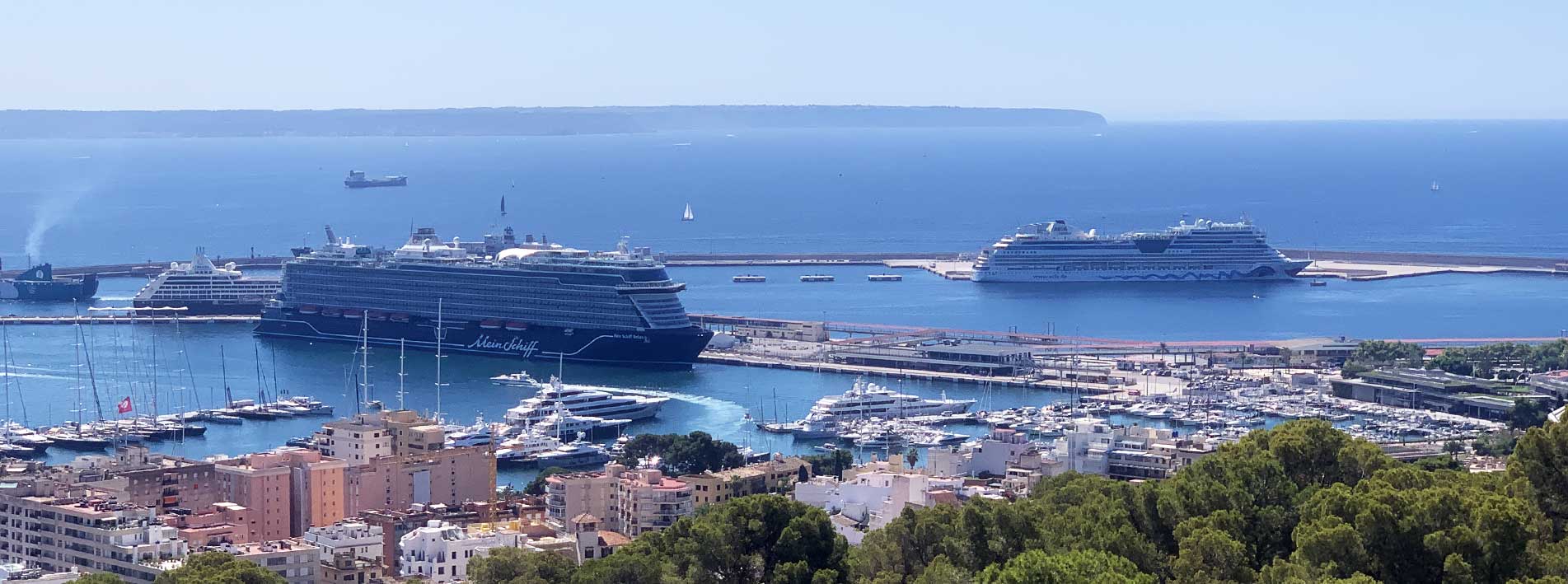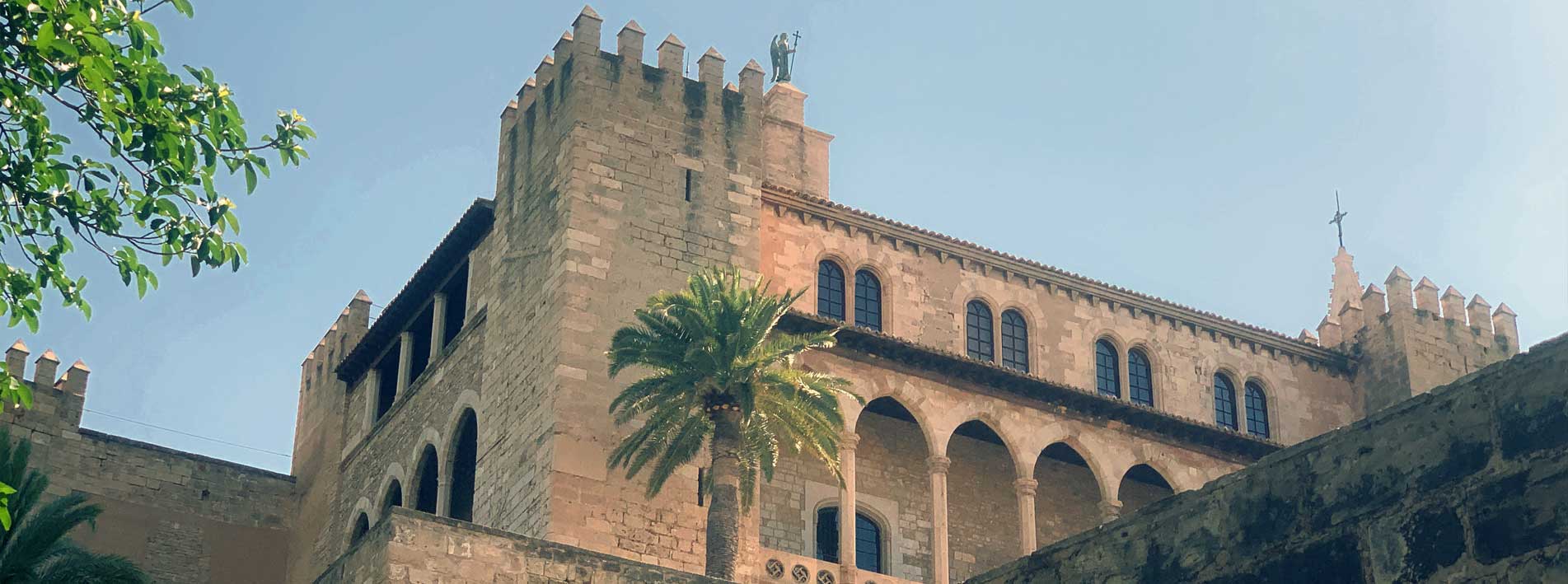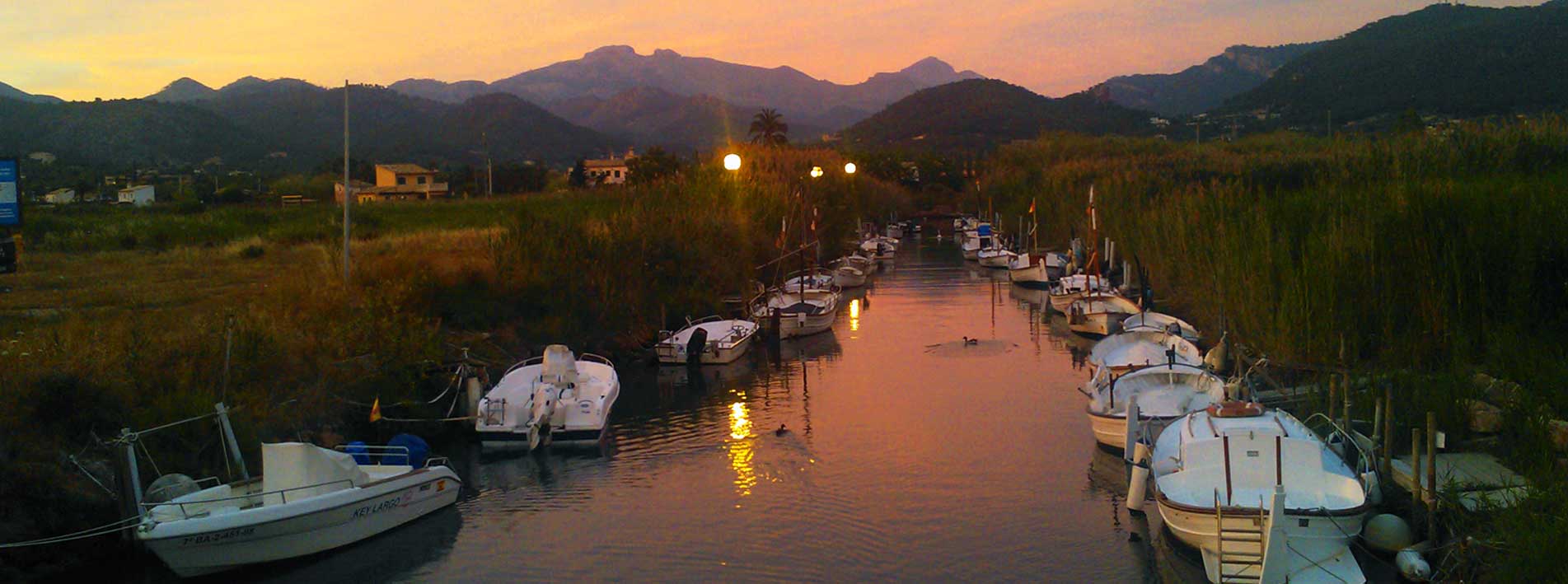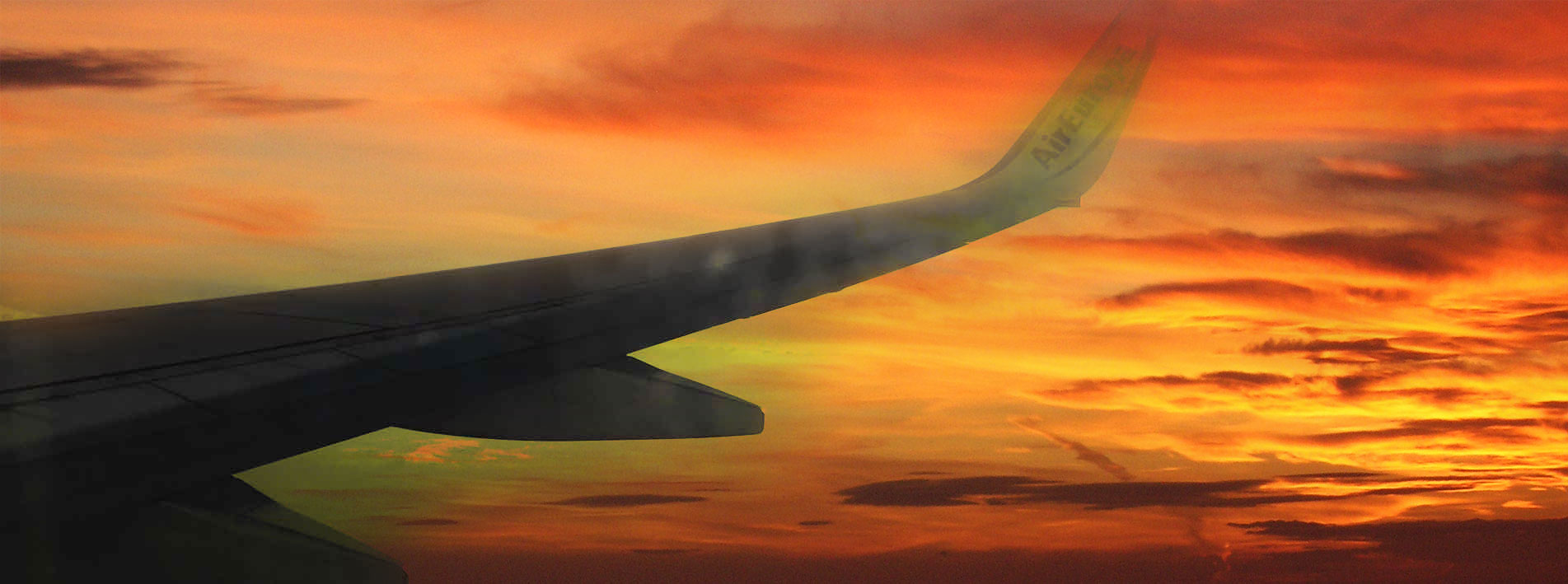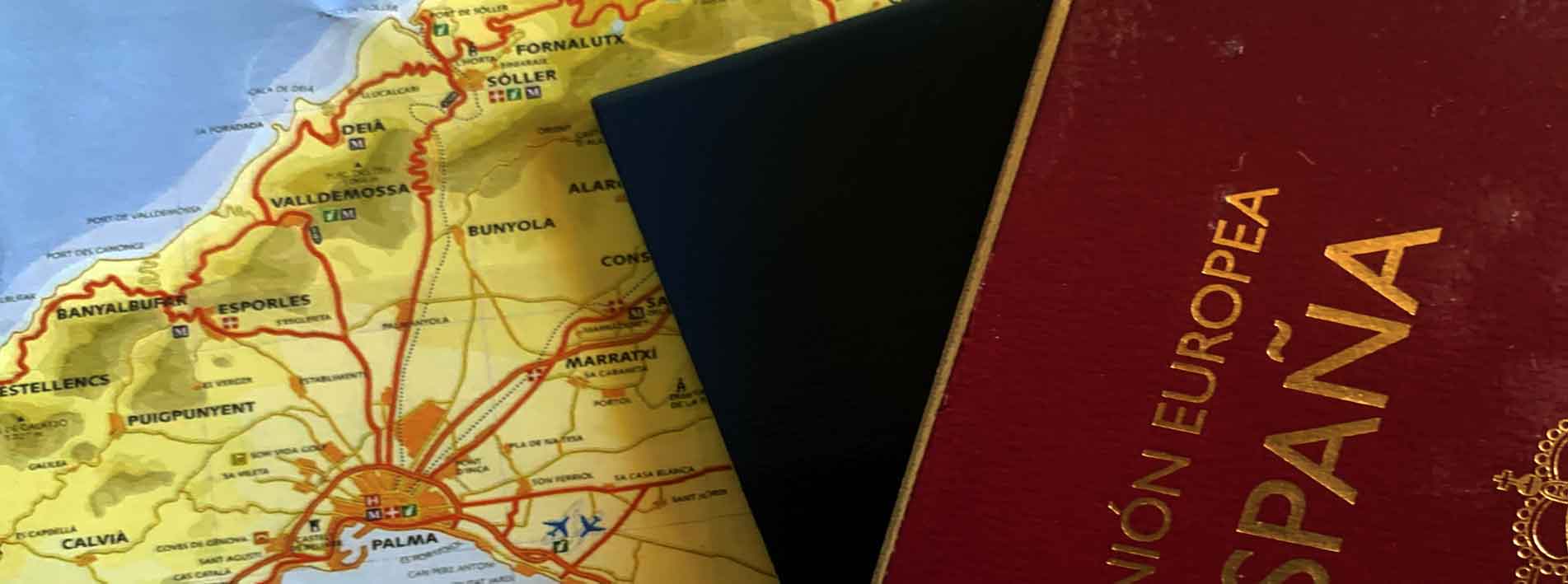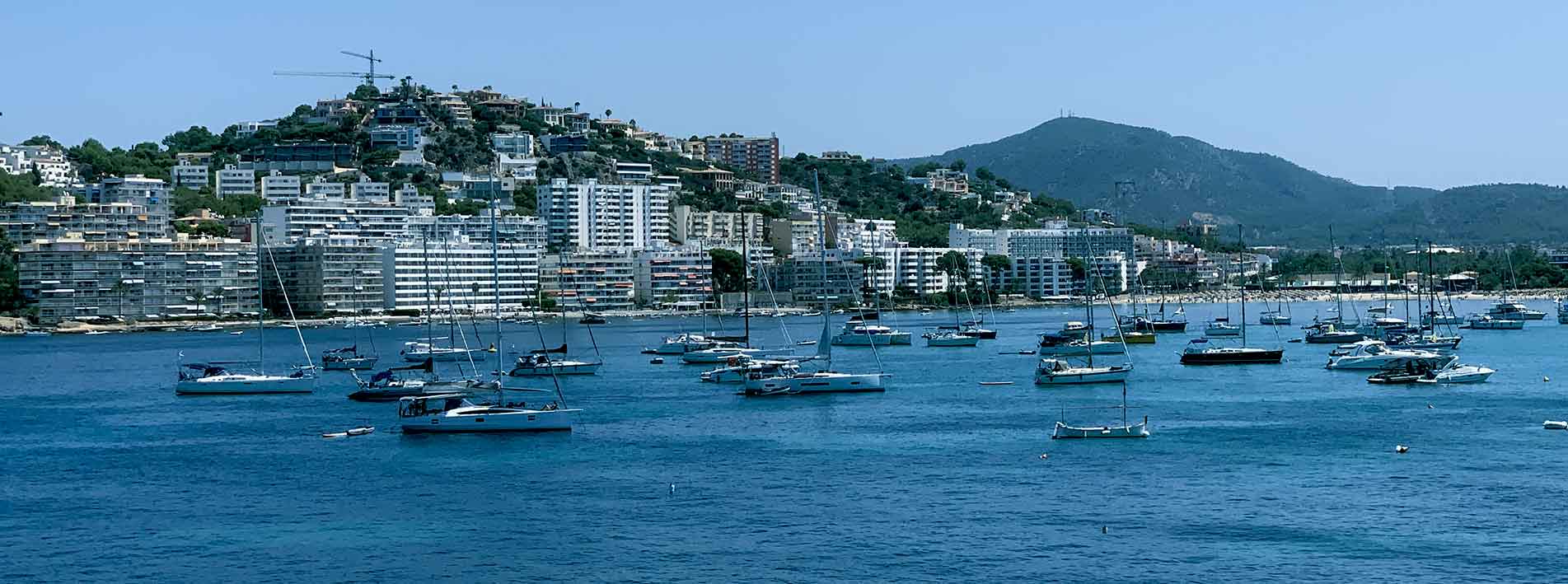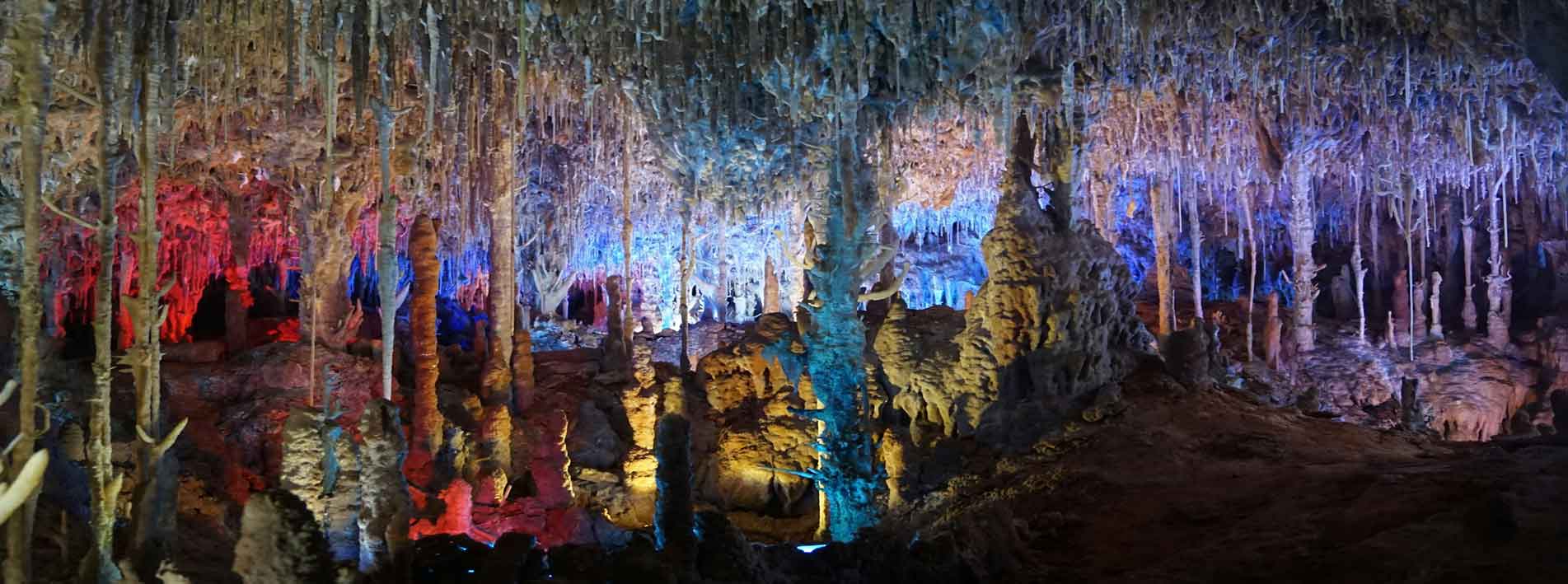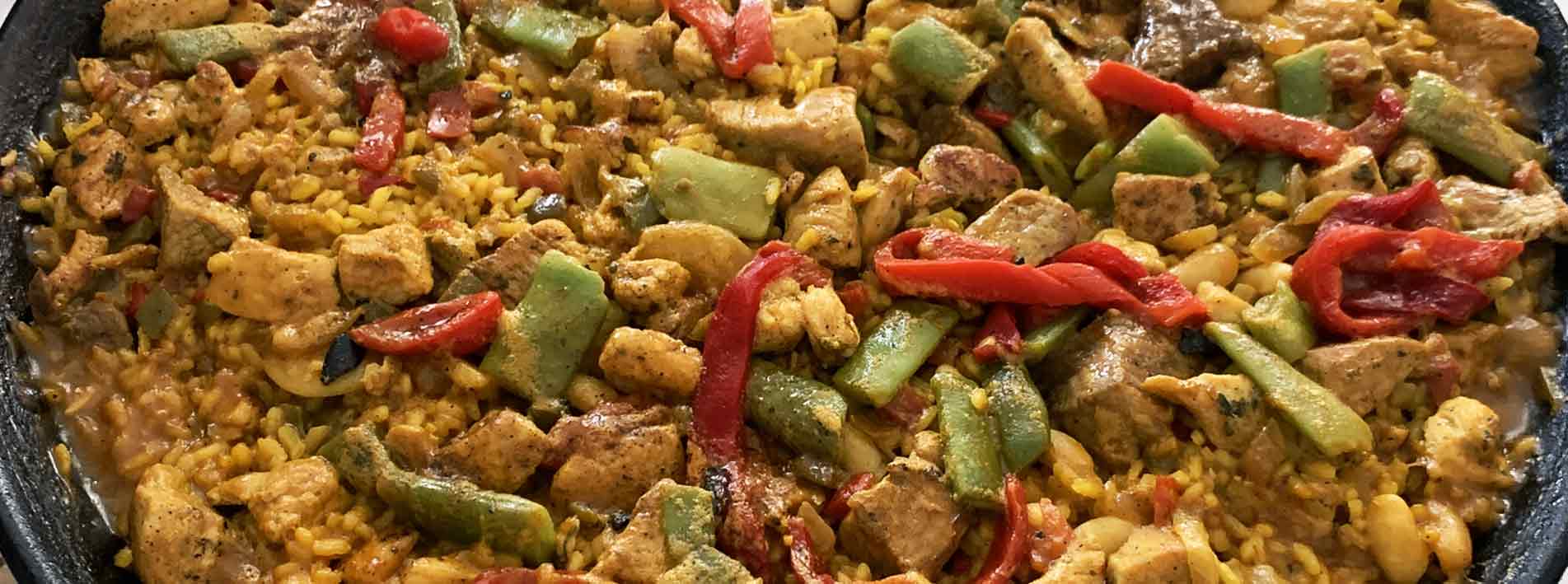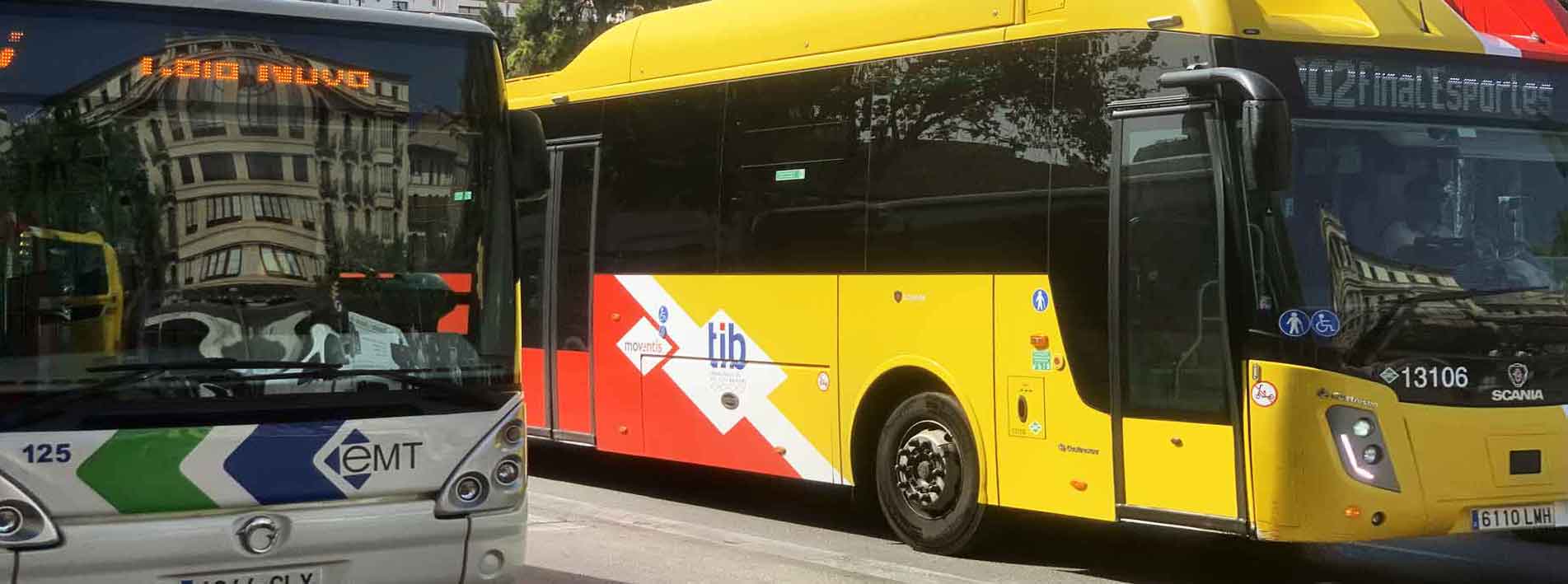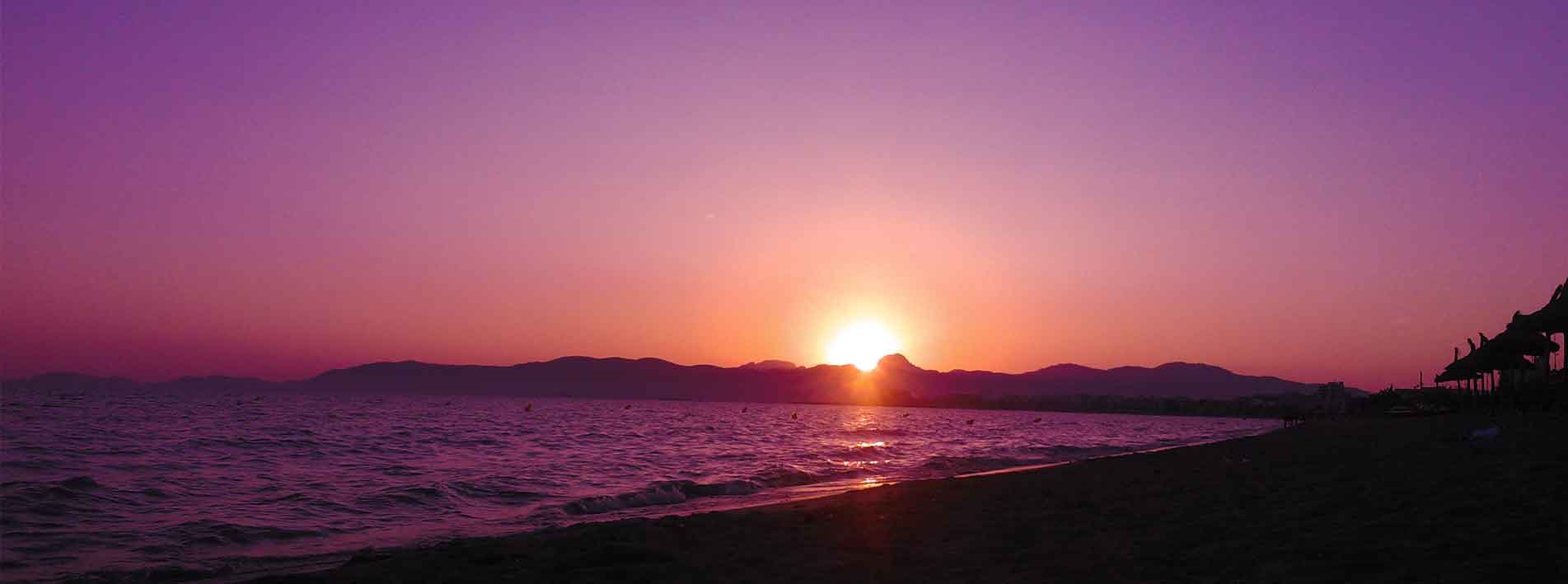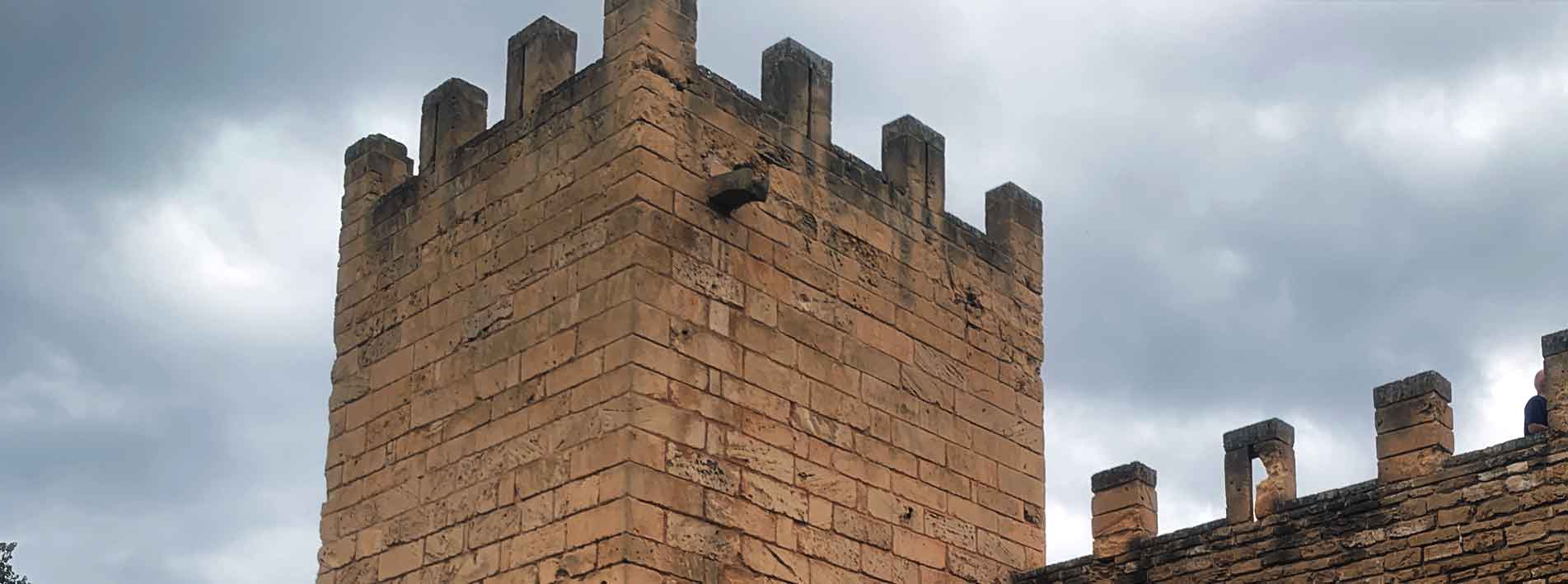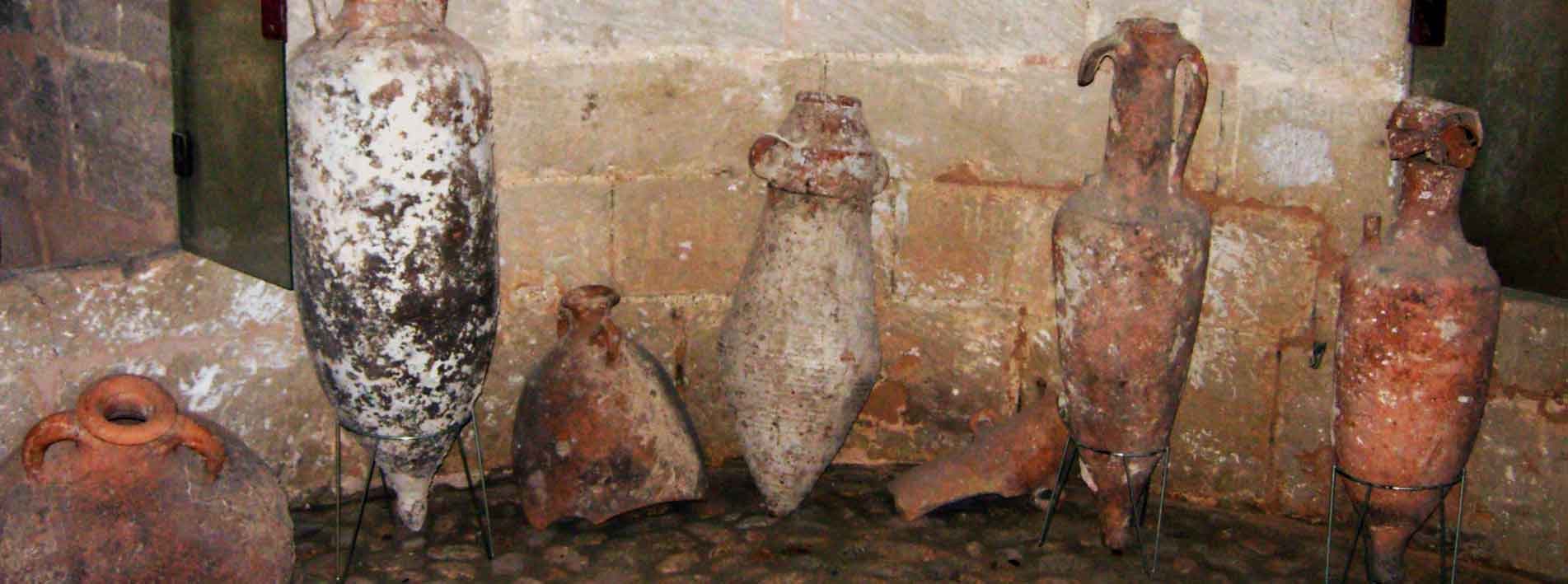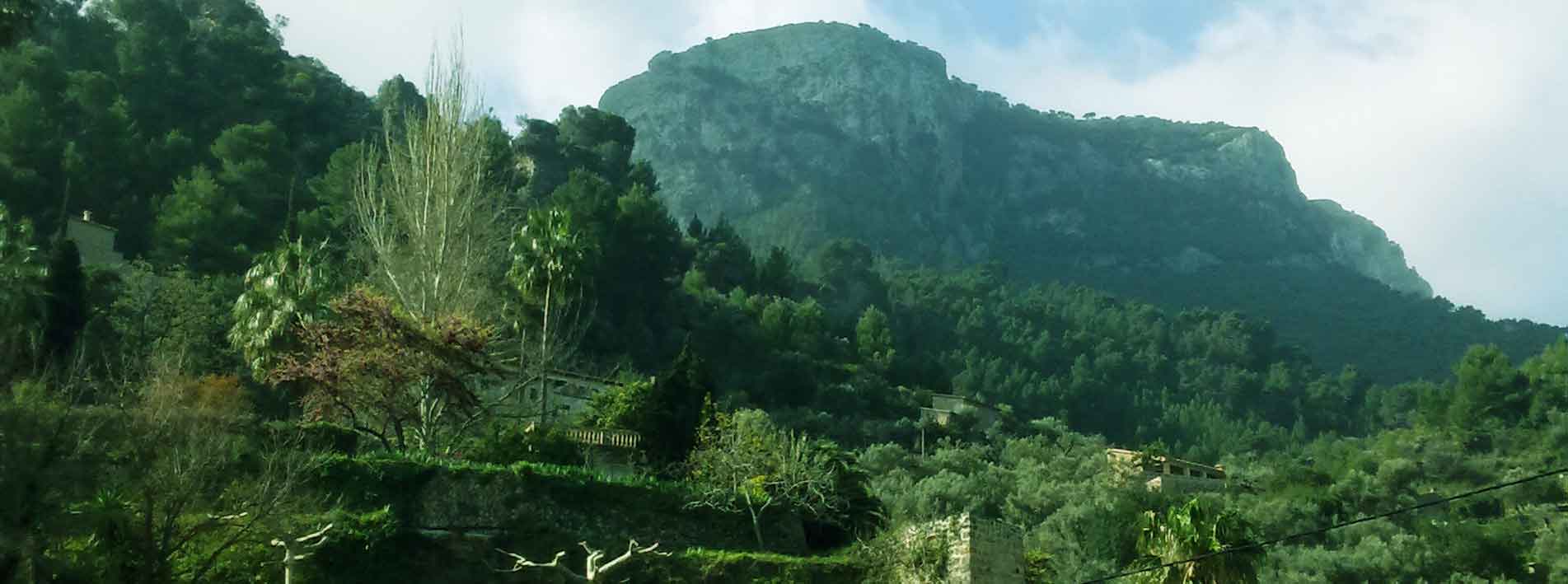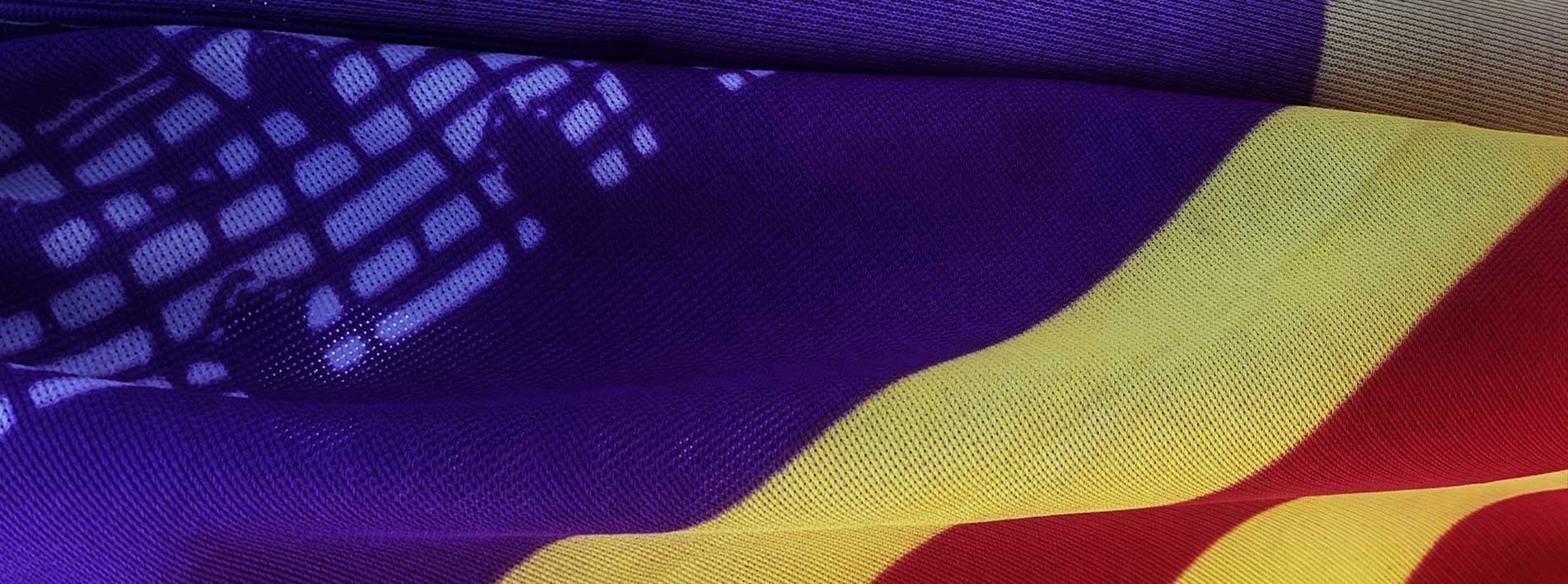History of the Jews in Mallorca: Brief Chronology
History of the Jews in Mallorca, where the Jewish community, although historically small, left a remarkable cultural legacy. Their presence on the island dates back to Roman times, with vestiges dating back to the 5th century BC. After the conquest of Mallorca by James I of Aragon, a Jewish quarter developed (the Call Maior) which flourished and then faded away in the shadow of the Almudaina Palace. Although it had a small representation, its presence left a significant mark on the island’s culture and history. The following is a brief chronology of the Jewish presence in Mallorca. Click here for an article on the Jewish Quarter of Palma de Mallorca.
History of the Jews in Mallorca: 5th century
The Jewish presence in Mallorca dates back to the 5th century, although it is believed that a Jewish community already existed with the Romans. Archaeological remains confirm the Jewish presence in Mallorca coinciding with the Roman domination of the Balearic Islands.
The Jews in Mallorca under Arab rule
The Jewish community probably grew under Arab rule. The Jewish presence in Mallorca under Arab rule (10th-13th centuries) was a complex phenomenon, not only of survival, but also of integration and participation in the economic and social life of the island. Jews had an active presence in Mallorca since ancient times and their numbers increased during the Muslim domination, participating in the trade routes and networks that connected Mallorca with the Iberian Peninsula.
During this period Jews were important traders in the Western Mediterranean, especially on the trade route with North Africa. It is also known that under Arab rule there was a Mozarabic population (Christians who lived under Muslim rule in the Iberian Peninsula, maintaining their Christian faith and culture) who kept their Christian faith and practised it freely.
History of the Jews in Mallorca: 12th century
In the 12th century, the Jewish presence in Mallorca was notable and continued to grow after the Arab conquest. The Jewish community settled in Palma, where the Jewish quarter (Jewish neighbourhood) was an area with its own economy and life. It provided services to the king and had a strong cultural identity, including reading and writing in Hebrew and Mallorcan. It should be remembered that the Jews of Mallorca were considered the property of the king and had to provide him with services in exchange for certain advantages. The Jewish community in Mallorca is mentioned in the chronicles of the Pisan-Catalan razzia in 1114.
History of the Jews in Mallorca: 13th century
Mallorca was a centre for the creation and dissemination of culture, where the Jewish community played an important role in navigation, astrology, mathematics and philosophy. After the conquest of Mallorca by James I, the Jewish community benefited from their help in the war and spread to other localities on the island such as Inca, Felanitx, etc. At that time, the expansion of the Jewish quarter established next to the Royal Palace of the Almudaina is reported. Until this time, the Jews had a political, administrative and social organisation parallel to the Christian one, called “aljama”, which regulated their life and customs.
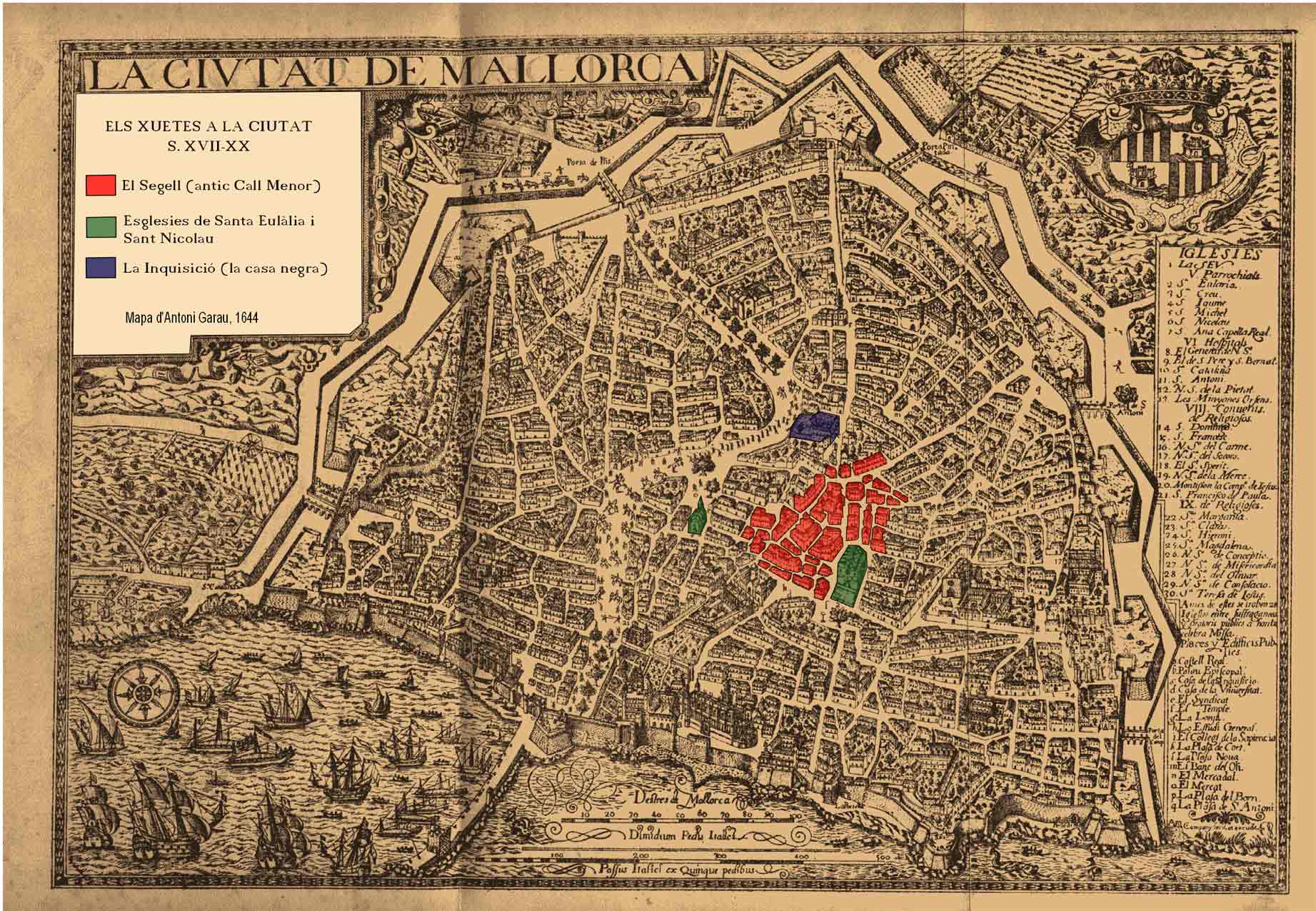 Jaume II and the Call Maior
Jaume II and the Call Maior
The segregation of the Jews of Mallorca by King Jaume II refers to a historical period in which Jaume II, King of Mallorca, ordered the transfer of the Jewish population from the Call Jueu (Jewish Quarter) to a new neighbourhood called the Call Major, in Palma de Mallorca. This act, although not strictly persecution in the sense of violence or extermination, was an act of segregation and restriction of the Jews, which had consequences on their daily lives.
In Palma de Mallorca, the Jews lived in a neighbourhood called Call Jueu, which had its own structure and community life and in 1303, Jaume II, advised by Bishop Ponç Desjardí, ordered the transfer of the Jews to a new Jewish neighbourhood, the Call Major, also known as the New Call, where the Jews were to live and sleep. This move entailed a physical separation from the Jewish community and a restriction on their daily life.
1391: Pogroms against the Jews of Mallorca
In 1391 there were notable pogroms -mass, spontaneous or premeditated lynchings of a particular ethnic or religious group- against the Jewish community in several cities in Spain, including Mallorca, under the pretext of forcing Jews to convert to Christianity. These pogroms were characterised by mobs breaking into the Jewish quarter, looting, massacres and the destruction of property. In Mallorca, the persecution of the Jewish community was reflected in the destruction of their quarter, the Jewish quarter (where their religious and social activities took place) and violence against its inhabitants.
During the pogroms of 1391, this quarter was attacked and looted by a mob, which included clergymen and servants of the noble houses. As a result, the Jewish community suffered heavy losses and was forced to convert to Christianity to avoid further persecution.
15th century: Expulsion of the Jews from Mallorca
During this period in the history of the Jews in Mallorca, persecution by the Inquisition intensified and a large part of the island’s Jewish community was forced to convert to Catholicism. Despite the pogroms, the Jewish community continued to live in Mallorca for some years, but was finally forced to leave the island in 1492, following the expulsion of the Jews from Spain decreed by the Catholic Monarchs.
In short, the pogroms of 1391, including those that occurred in Mallorca, were a violent response against the Jewish community with the aim of forcing their conversion to Christianity, which caused great losses and suffering to the Jewish population. The Jewish quarter (a Jewish ghetto), as the place of residence of the Jews, was one of the targets of the violence and looting. The expulsion of the Jews from Spain in 1492 marked the end of the Jewish presence in Mallorca.
Chuetas:
The term “chueta” comes from the Catalan “juetó”, a diminutive of “jueu” (Jew). The population known as ‘chueta’ are the descendants of Jewish converts who have retained a distinctive cultural identity. After the forced conversion of the Mallorcan Jews between 1391 and 1435, a group remained on the island, maintaining crypto-Jewish practices. That is, they were converted to Catholicism, but kept their Jewish faith secret to the point of practicing strong endogamy, intermarrying among themselves for centuries.
Although some finally assimilated Christianity, the suspicion of secret Judaism led them to the strictest ostracism. The Chuetas were discriminated against by Mallorcan society and, on some occasions, persecuted by the Inquisition. The perception of the Chuetas as a threat to religious and social purity led them to be the target of persecution by the Inquisition and the hostility of the popular classes, influenced and clouded by fear.
By the way, are you coming to Mallorca on a holiday trip? If you find it helpful, you can also consult our travel guide to Mallorca and more tourist information about the island.

